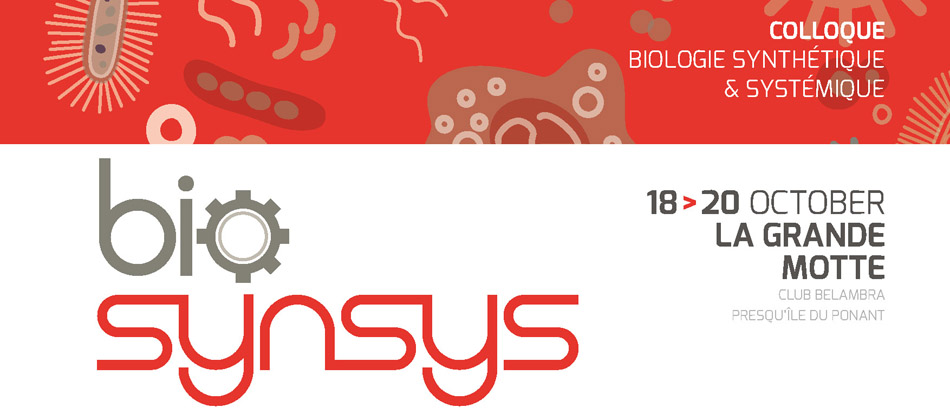Phage therapy and phage-derived technologies have gained a new interest in the past decades through the emergence of antibiotic-resistant bacteria. However, phage-host interactions remain poorly characterized due to the lack of fast and cost-effective screening methods. Here, we developed a high-throughput CRISPR-based screening method to detect bacterial genes involved in phage infection. This genome-wide method was used to compare phage receptors and lipopolysaccharide (LPS) requirements between different coliphages and highlighted the importance of LPS in the adhesion of phage 186. A two-step experimental setup then enabled to discriminate genes required for host death from genes required for the production of functional progeny particles. The screening process highlighted the importance of essential genes and detected major host genes previously associated with lambda phage infection while unveiling new candidates. This study emphasizes the ability of CRISPR/dCas9 screens and sgRNA libraries to detect host factors for phage infection and provides directions to quickly apply the method to other host-phage systems.

|
|
|
Abstracts > By author > Rousset FrançoisGenome-wide CRISPRi screen reveals bacterial requirements for phage infection
1 : ED 515 - Complexité du vivant
Université Pierre et Marie Curie - Paris 6
Paris -
France
2 : Biologie de Synthèse
* : Corresponding author
Institut Pasteur de Paris
28 rue du Dr Roux 75015 Paris -
France
|
 PDF version
PDF version
